At MNU, we seek students’ feedback through interactive feedback sessions as part of the Student Voice Policy and in accordance with the Quality Assurance Policy. These feedback mechanisms include:
Student Experience Survey
The annual Student Experience Survey (SES) allows the students of MNU to share their experiences and insights in studying at MNU. This is a voluntary survey and information from this survey enables MNU to;
- Enhance the quality of teaching and learning experiences
- Monitor and improve the support services
- Evaluate the quality of student experiences
Student Feedback Panel
The student feedback panel is a central-level panel. Through these panel meetings, we collect input on services, enhance the student experience, and support policy development.
This panel involves MNU Student Union (MNUSU), Student Support Services (SSS), and the Policy and Quality Control Unit (PQCU).
Each term, there are three meetings with follow-ups when and where necessary.
Student Panel
The Student Panel is a faculty-level panel.
This panel consists of student representatives from all courses in the faculty, SU Faculty Wings, Exco, and the Dean.
Three meetings are held each term to collect student feedback at the faculty level. These feedback are used to enhance the teaching, learning and other services at the faculty level.
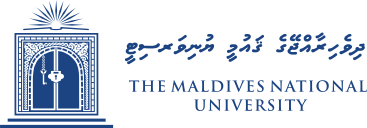
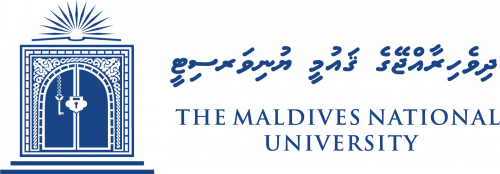

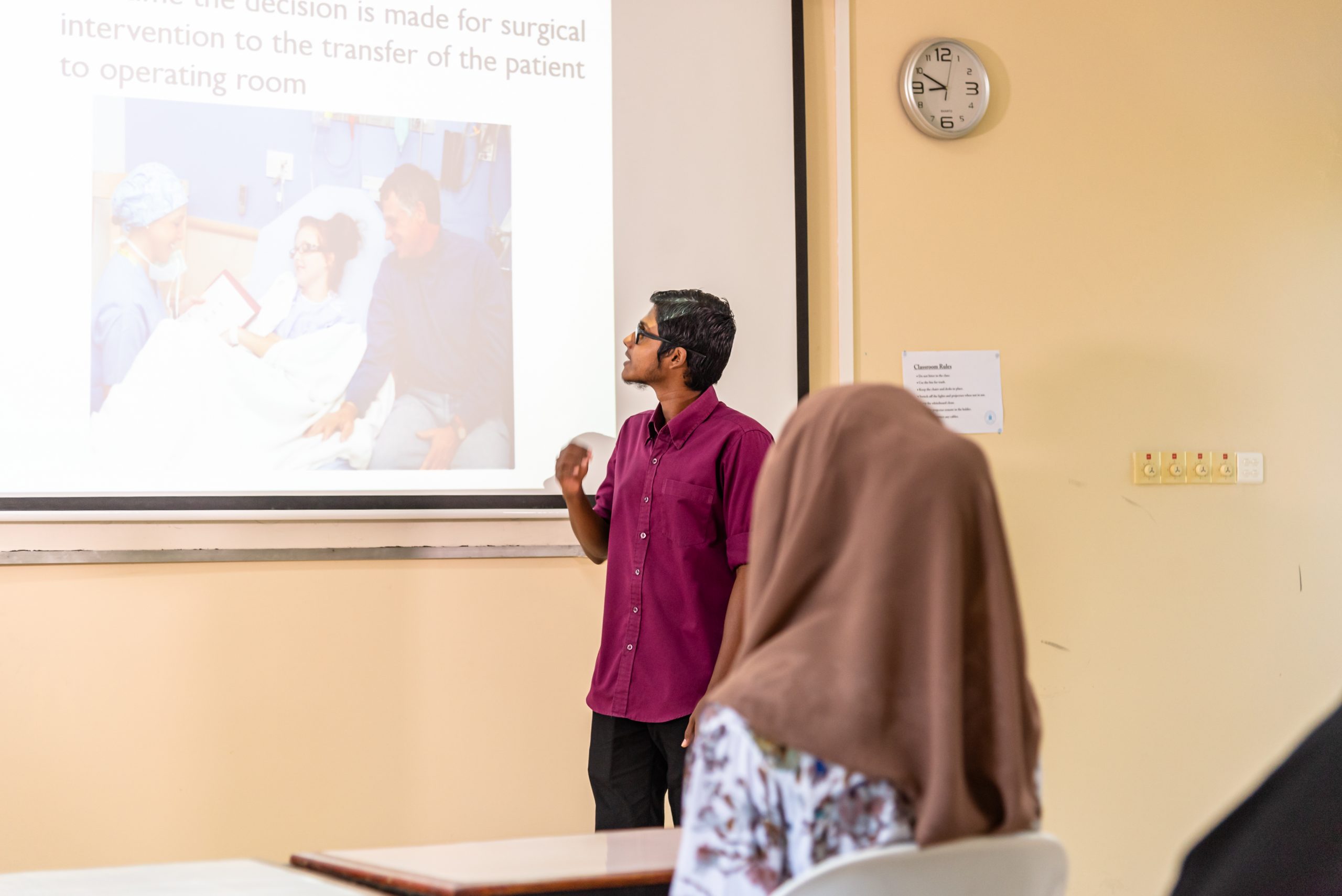
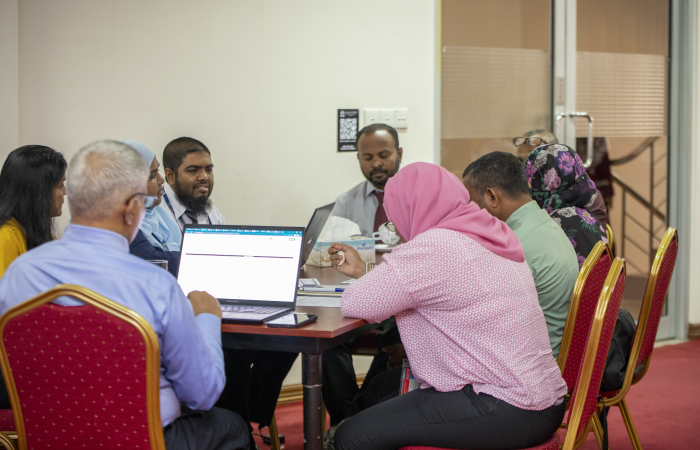
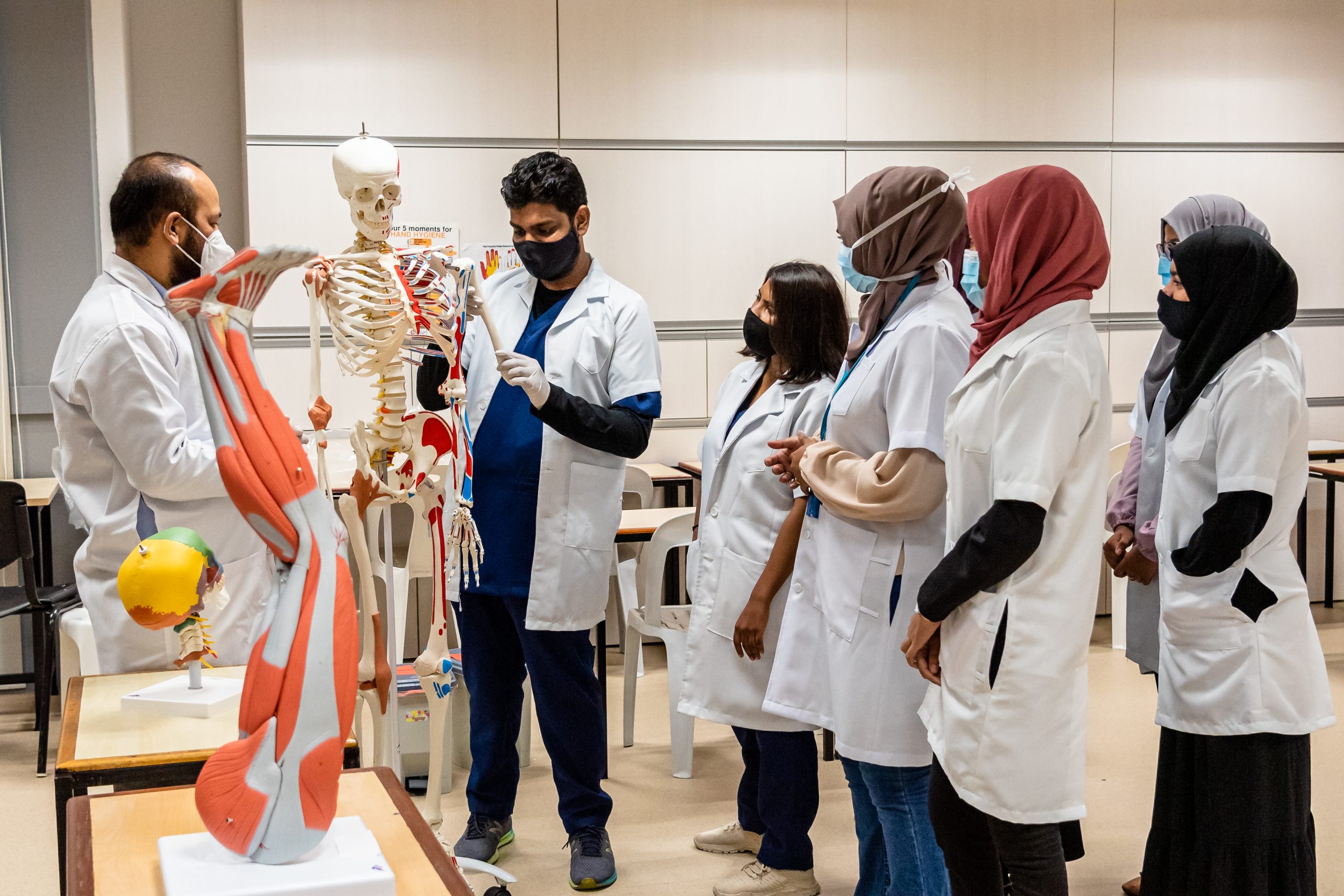
Dr. Aminath Shiyama
Mariyam Nuzuha Ali